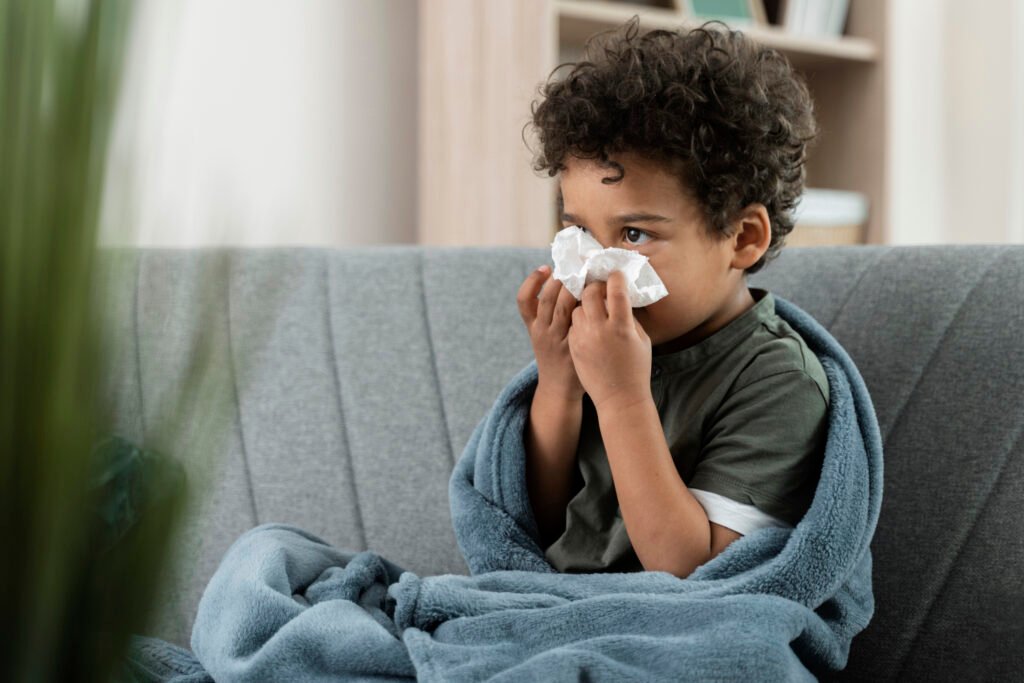Childcare centers in Australia are entrusted with the safety and well-being of young children, including those with allergies. At AB First Aid Training, we understand the importance of creating an allergy-aware environment to protect the health of children in your care. In this blog, we’ll explore essential tips and strategies for childcare workers to effectively manage allergies and ensure a safe and inclusive environment for all children.
1. Allergy Information Gathering:
- Collect detailed allergy information from parents or guardians during enrollment1.
- Maintain up-to-date records of children’s allergies, triggers, and individualized allergy action plans.
- Share this information with all staff members to ensure awareness.
2. Food Allergy Safety:
- Implement strict food policies to prevent allergen exposure2.
- Clearly label all food containers with ingredient lists.
- Educate staff on how to read food labels and recognize hidden allergens.
3. Allergy-Friendly Menus and Snacks:
- Plan menus and snacks that cater to children with allergies.
- Offer alternatives to common allergenic foods.
- Ensure that all staff members are aware of the menu and snack choices for each day.
4. Communication and Education:
- Create an allergy-aware culture within the childcare center.
- Train staff to recognize allergy symptoms and respond promptly.
- Educate children about allergies and the importance of not sharing food.
5. Emergency Preparedness:
- Develop an allergy emergency plan that includes steps to follow in case of an allergic reaction5.
- Ensure that all staff members are trained in administering epinephrine using an auto-injector (EpiPen).
- Practice emergency drills to ensure everyone knows their roles and responsibilities.
6. Allergy-Free Zones:
- Designate allergen-free zones within the childcare center.
- Ensure that allergen-free areas are thoroughly cleaned and maintained.
- Enforce strict no-food policies in these zones.
Conclusion:
Managing allergies in childcare centers is essential for the safety and well-being of all children. By gathering allergy information, promoting food allergy safety, offering allergy-friendly menus, fostering communication and education, preparing for emergencies, and designating allergy-free zones, childcare workers can create a secure and inclusive environment where children with allergies can thrive.
Questions for Reflection:
- How does your childcare center currently manage allergies, and what improvements can be made?
- Are there specific challenges or concerns related to allergies that you would like to address in your childcare setting?
Sources:
- Childcare Emergency Information Sheet – Allergy & Anaphylaxis Australia: Link ↩
- Food Allergen Management – Department of Health, Australian Government: Link ↩
- Food Allergies and Intolerances – Australian Children’s Education & Care Quality Authority (ACECQA): Link ↩
- Allergies and Allergy Management in Child Care – Raising Children Network: Link ↩
- Allergic Reactions and Anaphylaxis – Department of Education, Skills and Employment, Australian Government: Link ↩
- Allergy Management in Childcare Settings – Allergy & Anaphylaxis Australia: Link ↩


